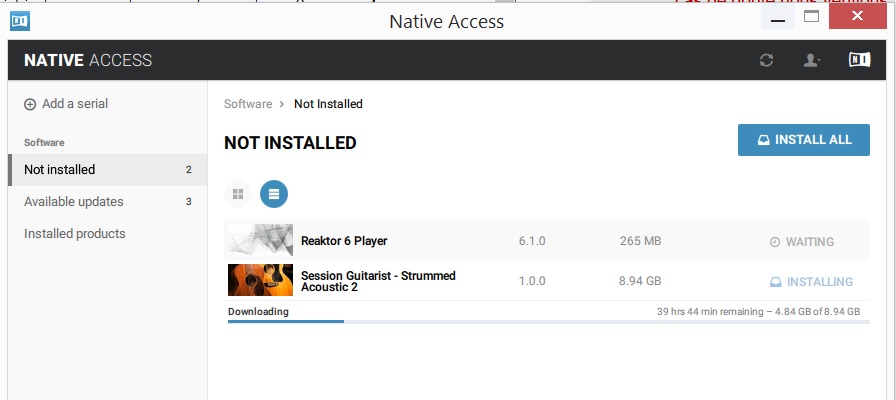

Second, the kūpuna exemplified resilience despite limited access to specialty and mental health services in rural communities. First, most participants had experienced serious chronic diseases that required them to interact with specialists whom they generally had limited access to. There were several other key findings from the study. The main purpose of the first interview was to establish rapport and receive a general story of their life, the second to learn about elders’ strengths, resiliencies and what they would like to pass to the next generation, and the last focused on the elder’s experiences with healthcare and social services. The initial sample consisted of 10 kūpuna who were interviewed three times utilizing open-ended questions.

“They also pointed out needs for additional medical, health and eldercare services in Hawaiian communities on the neighbor islands.” “The older adults that have been interviewed for this project appreciated being asked to tell their stories,” said Leslie Tanoue, director of Kumu Kahi: Elder Services Department at ALU LIKE, Inc. Administration on Aging, Department of Health and Human Services, and non-profit ALU LIKE, Inc. Kawakami worked in collaboration with Hā Kūpuna, the National Resource Center for Native Hawaiian Elders, funded by the U.S. “Our research underlined the appreciation kūpuna felt for providers who took the time to get to know them and respected Hawaiian cultural practices, including traditional healing practices, like lāʻau lapaʻau (Hawaiian herbal medicine) and lomilomi (massage),” said public health PhD student Keilyn Leinaʻala Kawakami, who spearheaded the study. Keilyn Kawakami earned her MPH in May 2022. The difficulties rural-dwelling Native Hawaiian kūpuna (elders) face when seeking healthcare is the focus of a new study conducted by the Thompson School of Social Work & Public Health at the University of Hawaiʻi at Mānoa.


 0 kommentar(er)
0 kommentar(er)
